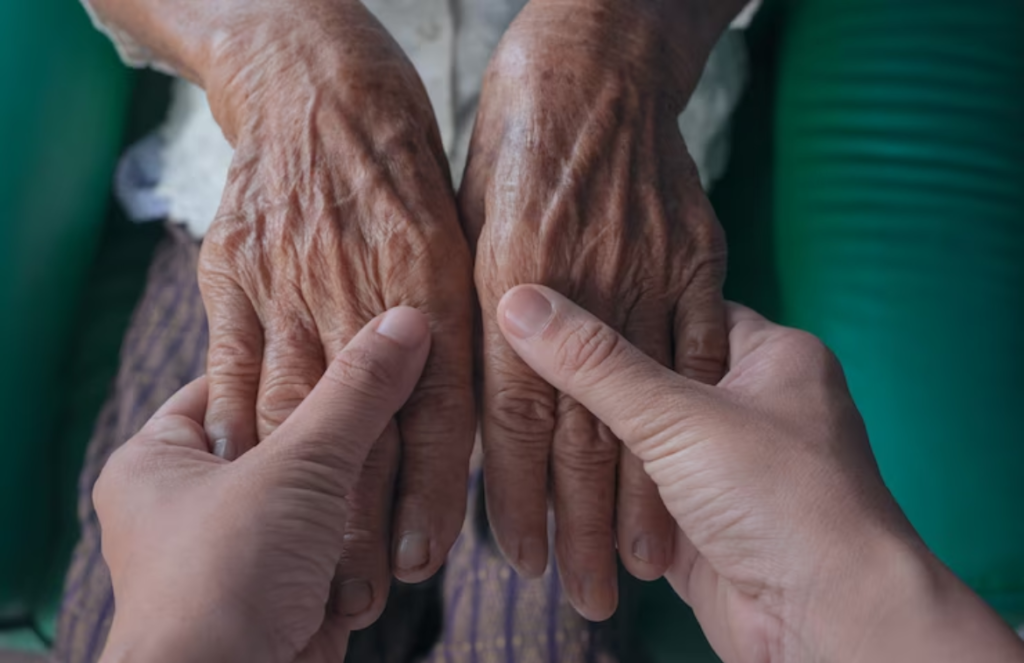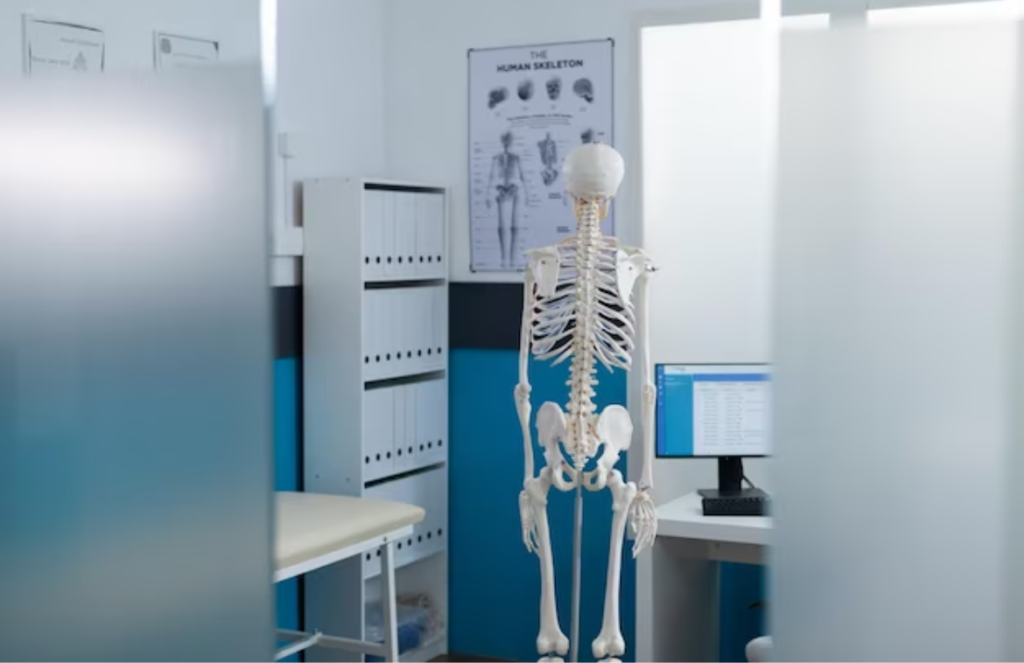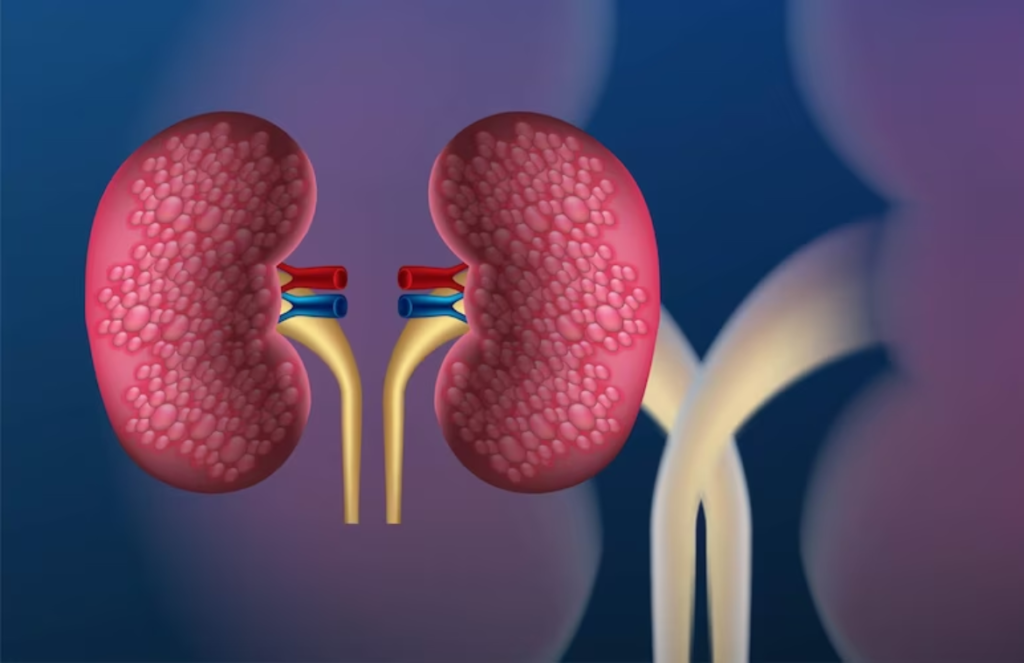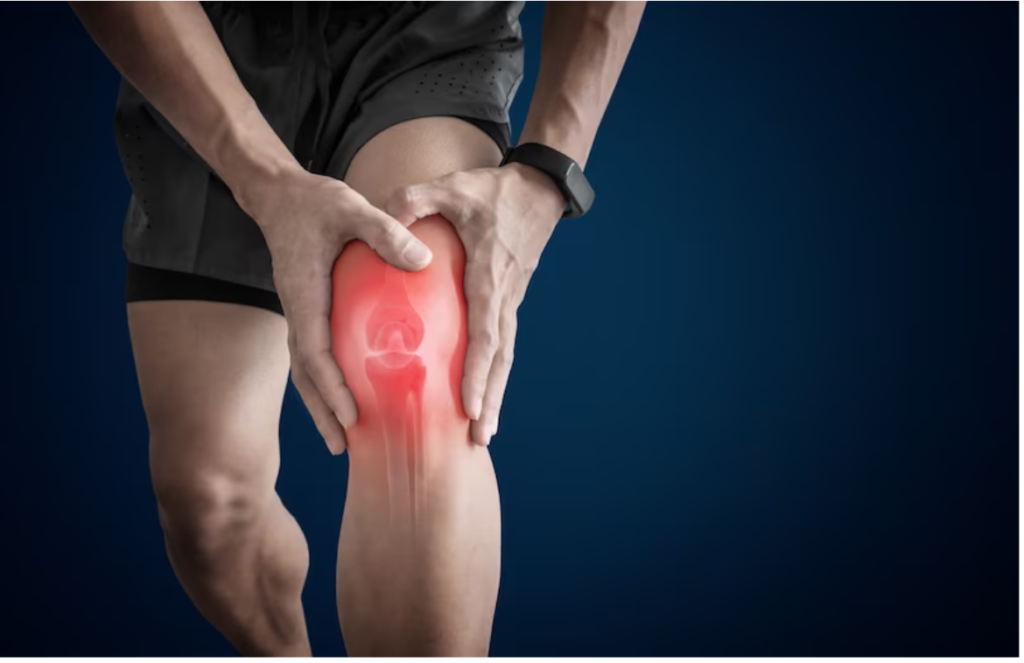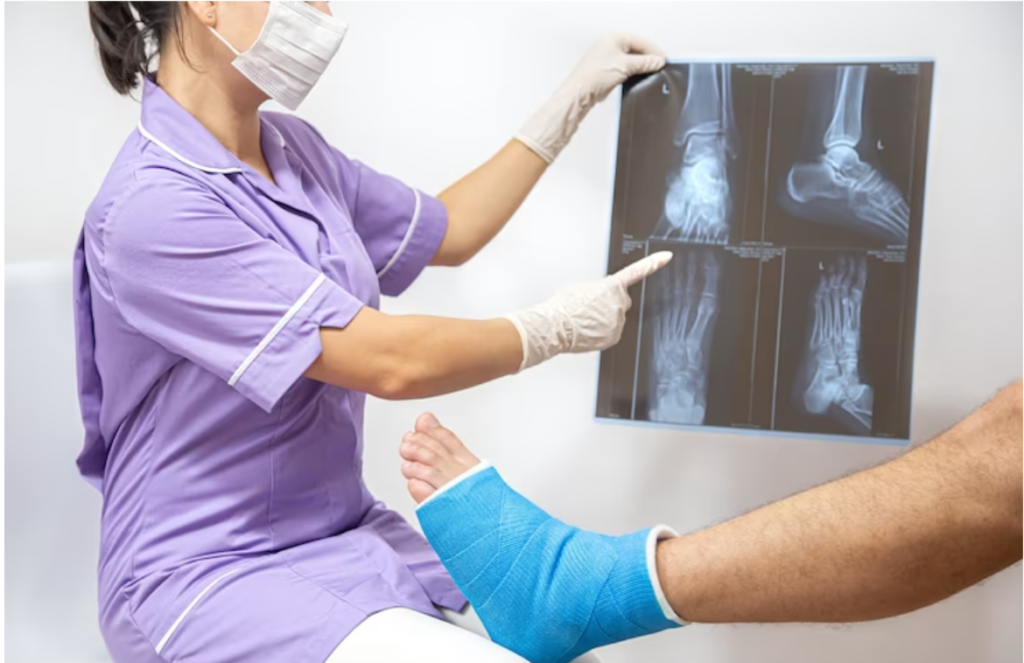Bladder problems are faced by both men and women. Efforts can be made to maintain bladder health by passing urine and not retaining it for long. There are other reasons for bladder problems.
People actually rarely discuss bladder health, but everyone is indeed affected by it. Located in the lower abdomen, the bladder happens to be a hollow organ, much like a balloon, that does store urine. Urine does contain waste and extra fluid left over after the body takes what it needs from what is eaten and drunk. Each day, adults pass about a quart and a half of urine via the bladder and out of the body.
As people tend to get older, the bladder undergoes certain changes. The elastic bladder tissue may, in fact, toughen and also become less stretchy. A less flexible bladder cannot hold as much urine as earlier and might make a person go to the bathroom more often. The bladder wall and pelvic floor muscles may weaken, making it harder to empty the bladder fully and also causing urine to leak.
While unable to control everything that affects the bladder, there are ways to keep it healthy, like:
1. Use the bathroom often and when needed.
Try to urinate at least once every 3 to 4 hours. Holding urine in one’s bladder for too long can weaken the bladder muscles and make a bladder infection more likely.
2. Be in a relaxed position while urinating.
Relaxing the muscles around the bladder will indeed make it easier to empty the bladder. For women, hovering over the toilet seat may make it really hard to relax, so it is best to sit on the toilet seat.
3. Take sufficient time to fully empty the bladder when urinating.
Rushing when urinating may not allow the person to fully empty the bladder. If urine does stay in the bladder for too long, it can make a bladder infection more likely.
4. Wipe from front to back after using the toilet.
Women should wipe from front to back to keep the gut bacteria from getting into the urethra. This step is indeed most important after a bowel movement.
5. Urinate after sex.
Sexual activity can rather move bacteria from the bowel or vaginal cavity to the person’s urethral opening. Both women and men need to urinate shortly after sex to lower the risk of infection.
6. Do pelvic floor muscle exercises.
Pelvic floor exercises, also referred to as Kegel exercises, help hold urine in the bladder. Daily exercises can rather strengthen these muscles, which can help keep urine from leaking when the person sneezes, coughs, lifts, laughs, or has a sudden urge to urinate. These exercises may also help avoid infections by strengthening the muscles that do help empty the bladder.
7. Wear cotton underwear and loose-fitting clothes.
Wearing loose, cotton clothing will help keep the area around the urethra dry. Tight-fitting pants and nylon underwear can trap moisture and also help bacteria grow.
8. Exercise regularly.
Physical activity can help prevent bladder problems as well as constipation. It helps maintain a healthy weight.
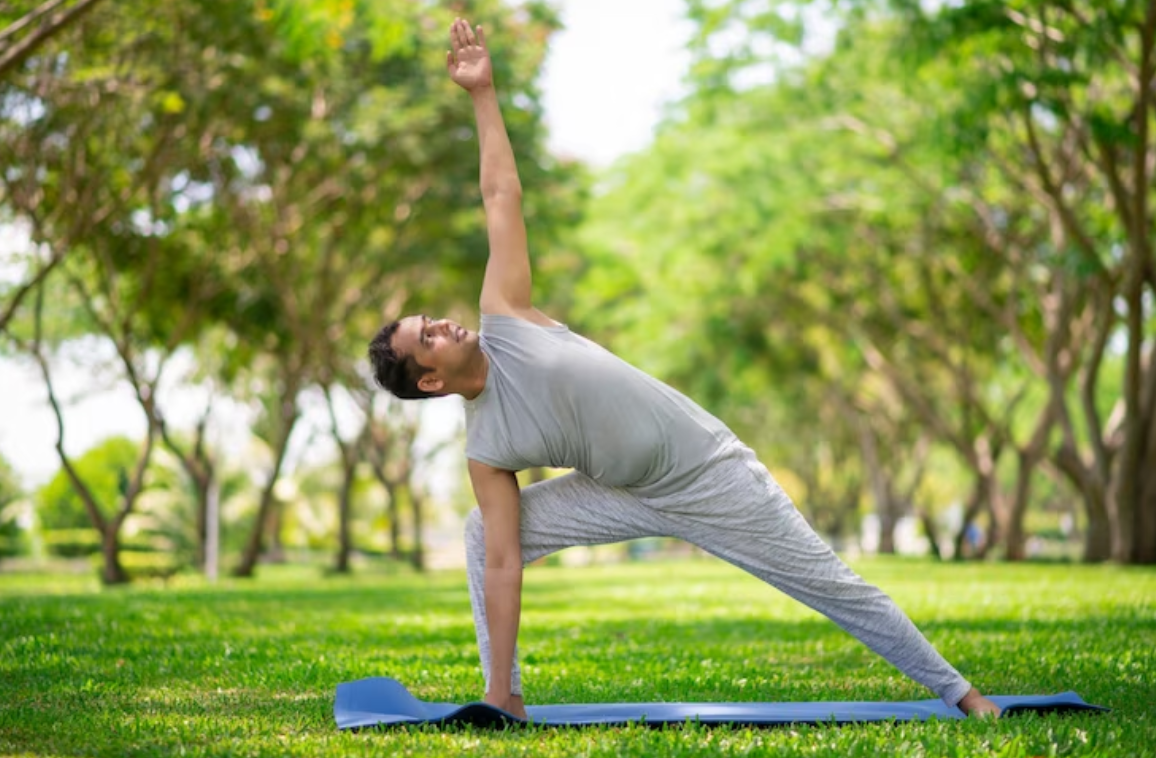
9. Keep a healthy weight.
People who are obese can be at higher risk of leaking urine. Making healthy food choices and being physically active can indeed help maintain a healthy weight.
10. Watch what is eaten.
Few people with bladder problems find that a few foods and drinks, like sodas, artificial sweeteners, spicy foods, citrus fruits as well as juices, and tomato-based foods, make bladder problems worse. Changing one’s diet may help a person feel better.
Conclusion
Bladder problems can indeed disrupt day-to-day life. When people have bladder problems, they may rather avoid social settings and also have a harder time getting tasks done at home or at work. Common bladder problems do include urinary tract infections, urinary incontinence, and urinary retention.


